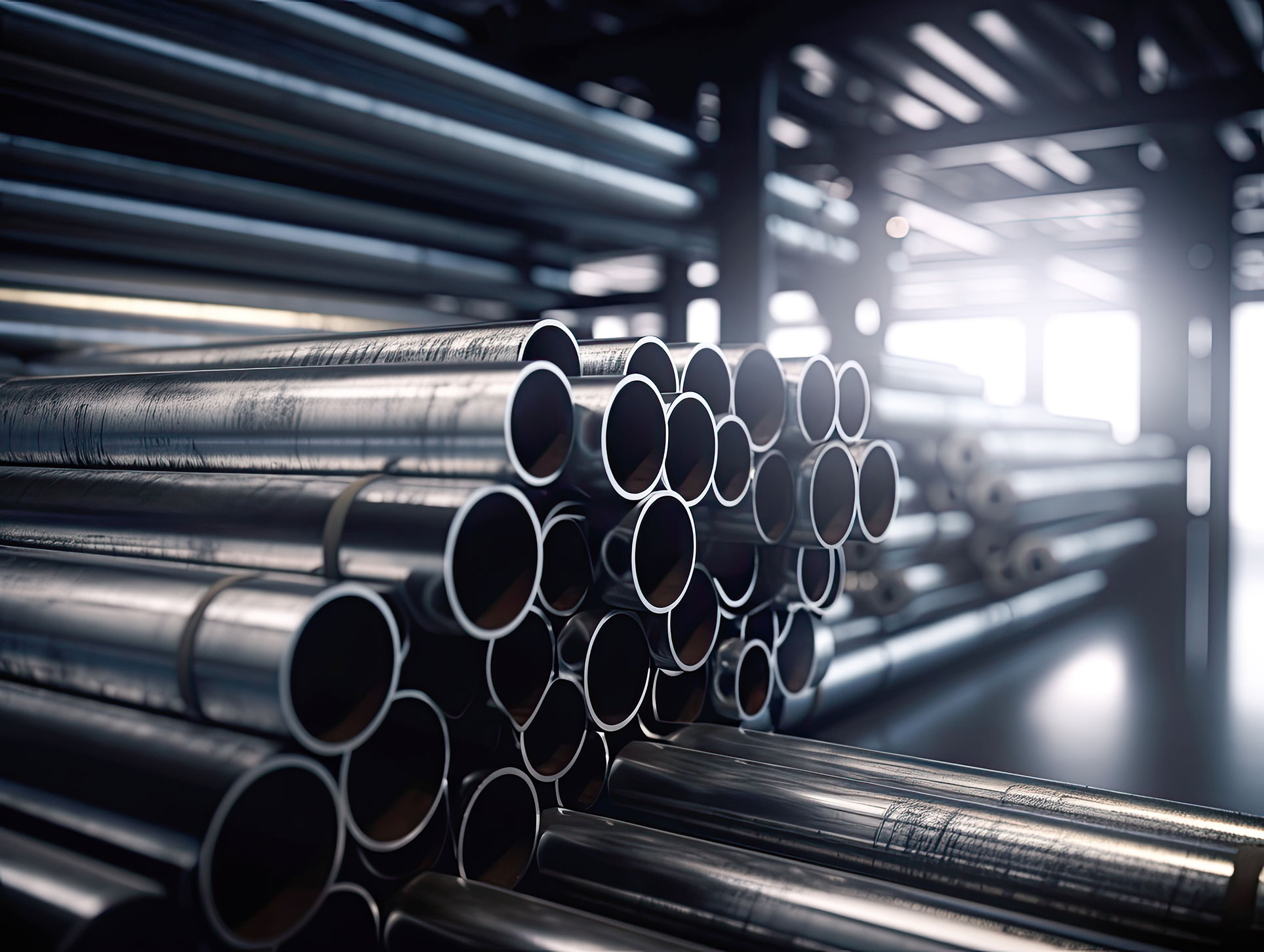There are many industries that use our ERW tube. One of the biggest is the oil and gas industry. Transportation of these resources is critical to the global energy infrastructure. Tubing systems constitute a critical part of this operation. However, moving the pair of fossil fuels demands separate engineering and design considerations owing to their different physical characteristics. So, it is vital to know the essential differences between gas and oil tubes.
Composition
Firstly, you must keep in mind that gas and oil are two separate materials. They demand appropriate tube systems for transportation.
 Oil is more viscous. It needs durable channels to endure its pressure and weight. Steel tubes are normally a great choice for transporting it since they possess high tensile strength. Additionally, the metal can resist extreme temperatures and pressures. What’s more, steel resists corrosion if you choose the right grade or treat it properly. This is vital as the tube can encounter many harsh settings.
Oil is more viscous. It needs durable channels to endure its pressure and weight. Steel tubes are normally a great choice for transporting it since they possess high tensile strength. Additionally, the metal can resist extreme temperatures and pressures. What’s more, steel resists corrosion if you choose the right grade or treat it properly. This is vital as the tube can encounter many harsh settings.
Gas is lighter. It is more volatile too. You can move it more effectively through tubing systems that can flex more easily and have lower weight. For this reason, people often use plastic tubes like high-density polyethylene. Such a material is flexible, lightweight, and corrosion resistant. Attributes like these make it a good choice for tubing systems that have to move gas over long distances and in different environments.
Pressure
The pressure within gas tubes is normally far higher than in oil ones. This is attributed to the nature of the materials being moved. You must consider pressures when you deal with ERW tube and other options.
Natural gas is a less dense medium than oil. To effectively transport it, you have to compress to heighten the density. This enables us to move more gas within smaller tube systems. It is more cost and energy efficient to do it like that.
On the other side, oil is a denser and more viscous material that does not need the same degree of compression. Consequently, the pressure in oil tube systems is lower.
Corrosion resistance
The level of corrosion resistance will differ with the tubes. This is due to multiple factors linked to the nature of the materials being moved.
A notable difference is the number of impurities. Gas holds fewer of them, so is less likely to react to the tube material and produce corrosion over time. On the other side, oil usually has impurities like sulphur and acidic media. They can react with the tube materials and generate corrosion. So, you need to ensure they have a higher resistance.
Also, the procedure of shifting gas usually consists of using clean and dry tubing systems. The reason why is that natural gas must remain free from moisture. It is the same for similar contaminants that can damage the tubes or cause corrosion. The clean and dry tube conditions help stop the accumulation of moisture. This is a massive factor in tubing corrosion.
Treatments
Prior to oil being moved through tubing, it usually experiences numerous treatments. Doing this makes transportation easier and guarantees quality. Impurity removal is one of the most common. It can get rid of impurities like sulphur which can cause many complications in tubes. Typically, we achieve this through a procedure called desulphurisation.
Additionally, oil’s viscosity needs addressing to make transporting it simpler. It varies depending on temperatures and the type of crude. Oil that is too thick is harder to transport. Thus, it is frequently mixed with other materials to lower viscosity.
With gas, it normally needs minimal treatment before transportation. The reason is that natural gas is far purer. It does not often contain many contaminants or impurities. Furthermore, natural gas is a light and has low density to begin with. So, usually the only thing here will be the compression.
Regardless of the differences in treatment for gas and oil, you have to move both materials through specific tube systems. These are ones constructed and designed to meet strict industry standards and safety regulations.
We give everyone quality ERW tube goods
At Union Steel Tubes, we work hard to provide every client with quality tubing products. In addition, we strive to have all orders delivered rapidly. Stock items usually get to clients the next day. As for urgent orders, same day delivery can be available. If you need bespoke tube, we will give you a clear idea of the production time.
So, if there is anything we can do for you when it comes to ERW tube, please let us know. You can ask us about shapes, dimensions, and end applications.


